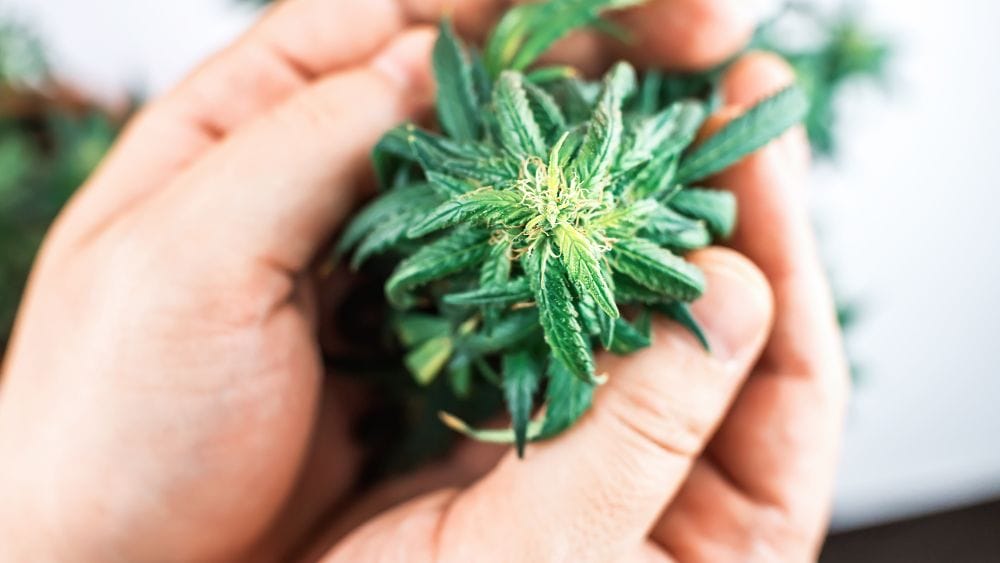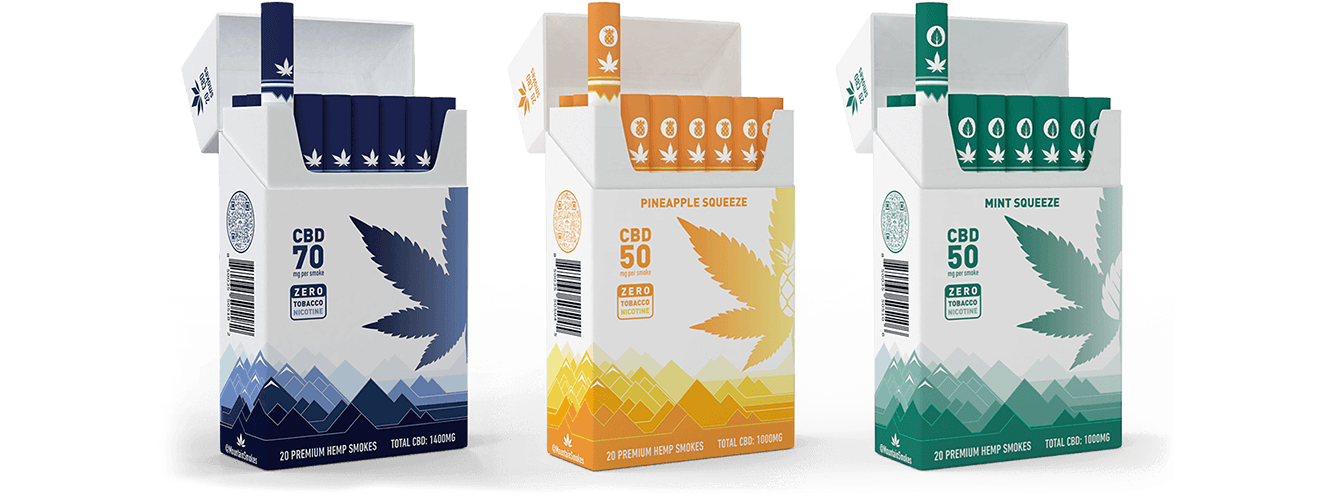Delta 8 vs HHC

The rise in popularity of cannabinoids has brought attention to lesser-known compounds like Delta 8 (Delta-8-tetrahydrocannabinol) and HHC (Hexahydrocannabinol). While THC (Delta 9-tetrahydrocannabinol) has long been recognized as the primary psychoactive compound in cannabis, Delta 8 and HHC have recently gained popularity for their unique properties and potential benefits. In this comprehensive article, we will delve into the detailed aspects of Delta 8 vs HHC, including their properties, popularity, consumption methods, legality, and the potential future they hold within the cannabis landscape.
The Discovery of Delta 8
The discovery of Delta 8 can be traced back to the work of Dr. Raphael Mechoulam, a renowned Israeli chemist and cannabis researcher. In the 1960s, Dr. Mechoulam and his team were conducting groundbreaking research on cannabis and its compounds. They successfully isolated and identified various cannabinoids.
The Discovery of HHC
Roger Adams, a prominent American chemist, played a significant role in the discovery and research of various cannabinoids, including HHC (Hexahydrocannabinol). Adams was a pioneer in the field of cannabis chemistry and made significant contributions to our understanding of the plant's chemical composition. In 1940, Adams and his team successfully isolated and identified HHC from cannabis extracts, marking an important milestone in cannabinoid research.
Delta 8 vs HHC: Properties
Delta 8 is a naturally occurring cannabinoid that shares structural similarities with Delta 9-THC. However, Delta 8 offers a milder psychoactive experience compared to Delta 9-THC, providing a more balanced high. It induces subtle euphoria, relaxation, and altered perception, although the intensity of these effects may vary among individuals.
HHC is a synthetic analog of THC. While it shares some similarities with Delta 8 and Delta 9-THC, HHC has its own unique properties. It exhibits potential therapeutic effects, particularly in pain relief and inflammation management. Its unique chemical composition may contribute to its different effects on the body compared to other cannabinoids. Although further research is needed to fully understand its potential, HHC holds promise as a potential alternative for medical applications.
Users have described a HHC high as distinct and unique compared to other cannabinoids. The effects of HHC are reported to be potent and euphoric, similar to the psychoactive properties associated with THC. However, the experience with HHC is often described as more intense and long-lasting, leading to a prolonged sense of relaxation and an elevated mood. Some users have reported enhanced sensory perception, heightened creativity, and a deep sense of introspection. Thus, the HHC high is said to be characterized by a balance between relaxation and mental stimulation, offering a different and sometimes more profound experience compared to other cannabinoids.
- Delta 8: Derived from hemp or cannabis plants. Naturally occuring. Milder psychoactive experience. Subtle euphoria, relaxation & altered perception. Further potential benefits such as pain relief and appetite stimulation.
- HHC: Synthetic analog of THC, often chemically modified in a laboratory. Potential stronger psychoactive experience. Exhibits potential therapeutic effects, especially in pain relief and inflammation management.
Delta 8 vs HHC: Popularity
Delta 8 has gained significant popularity in recent years. It offers a middle ground between the non-intoxicating CBD and the more potent Delta 9-THC. Many individuals turn to Delta 8 for its potential relaxation, stress relief, and mood-enhancing properties. Moreover, its legal status in certain regions has contributed to its increasing popularity. On the other hand, HHC, being a synthetic compound, is still relatively new and has not gained widespread popularity. However, its potential therapeutic benefits make it an area of interest for researchers and medical professionals exploring alternative treatment options.
Consumption Methods
Both Delta 8 and HHC can be consumed through various methods, providing users with flexibility and choice. Vaping is a especially popular method for inhaling HHC, as it allows for quick absorption into the bloodstream through the lungs. Vape pens or cartridges specifically formulated with Delta 8 or HHC are available, providing a convenient and discreet option for consumption. Another common method is oral ingestion, where Delta 8 or HHC can be found in edibles such as gummies. This method offers longer-lasting effects, as the compounds are processed through the digestive system. Additionally, topical applications of Delta 8 are gaining attention. Creams, lotions, and balms infused with these cannabinoids are applied directly to the skin, targeting localized pain, inflammation, or skin conditions.
Please note that HHC is still not widely available and its production and distribution may be limited. As a relatively new cannabinoid in the market, HHC is still undergoing research and development, and regulatory frameworks are still being established to govern its production, sale, and use.
Legality
The legality of Delta 8 and HHC varies across different regions and countries. It is important to note that regulations can vary at the state level, and some states have chosen to regulate or ban Delta 8 products. As for HHC, its legal status is still evolving due to its synthetic nature. Regulations may differ from region to region.
Delta 8 vs HHC: Comparison to CBD and THC
When comparing Delta 8 and HHC to CBD and Delta 9-THC, several distinctions arise. CBD, a non-intoxicating cannabinoid, offers potential therapeutic benefits without the psychoactive effects associated with THC. Delta 8, with its milder psychoactive properties, provides an alternative for those seeking a more balanced experience. Delta 9-THC, the primary psychoactive compound in cannabis, is known for its potent psychoactive effects. HHC, as a synthetic analog of THC, represents a potential avenue for enhanced therapeutic effects or modified properties compared to Delta 8 and Delta 9-THC. Each compound has its own unique set of properties, effects, and potential benefits, providing users with a diverse range of options within the cannabinoid spectrum.
The Potential Future of Delta 8 vs HHC
As research and understanding of cannabinoids continue to progress, the future of Delta 8 and HHC holds exciting possibilities. Further studies are needed to explore their potential therapeutic benefits, safety profiles, and optimal usage guidelines. The evolving legal landscape will also shape the availability and accessibility of these compounds. As consumer demand and interest grow, there may be an increased focus on product quality, standardization, and regulations to ensure the safe and responsible use of Delta 8 and HHC. The potential integration of Delta 8 and HHC into medical treatments and wellness products highlights the continued exploration of cannabinoids for diverse applications.
The comparison between Delta 8 and HHC reveals their distinct properties, growing popularity, diverse consumption methods, evolving legal considerations, and potential future in the world of cannabinoids. Delta 8 has gained traction as a milder psychoactive alternative, while HHC shows promise for potential therapeutic applications. As our knowledge of cannabinoids expands, these compounds continue to shape the ever-evolving cannabis landscape.
Additional Information:
- Delta-8-THC: Delta-9-THC’s nicer younger sibling?:
https://jcannabisresearch.biomedcentral.com/articles/10.1186/s42238-021-00115-8
- Novel hexahydrocannabinol analogs as potential anti-cancer agents inhibit cell proliferation and tumor angiogenesis:
https://pubmed.ncbi.nlm.nih.gov/20950604/
MOUNTAIN Smokes®
ZERO TOBACCO. ZERO NICOTINE. Premium Organic Full-Flower Hemp Smokes.
 SHOP MOUNTAIN SMOKES
SHOP MOUNTAIN SMOKES Made in the USA
Made in the USA Satisfaction Guaranteed
Satisfaction Guaranteed SSL Secure Checkout
SSL Secure Checkout


